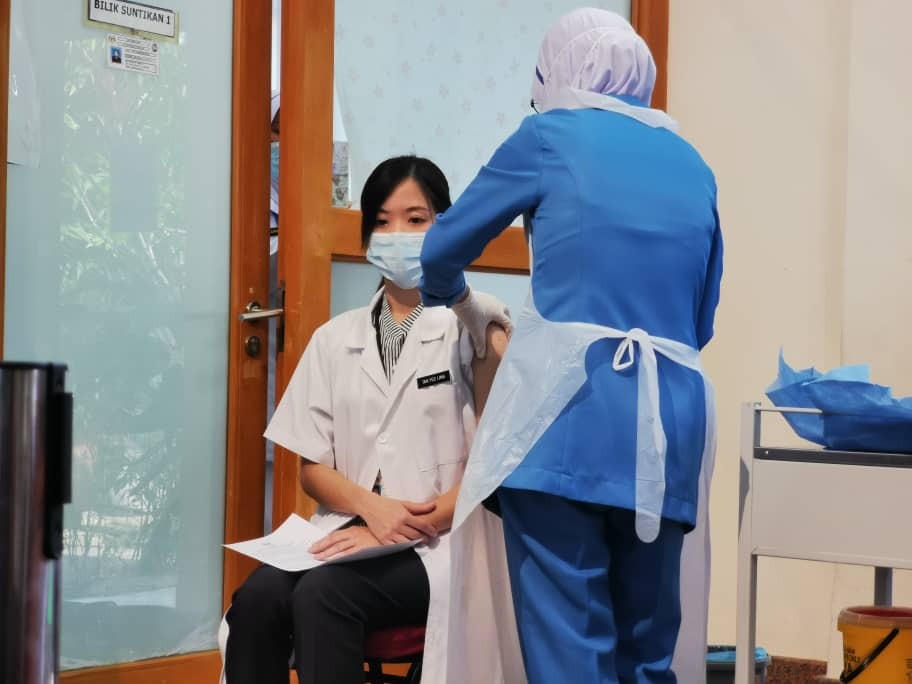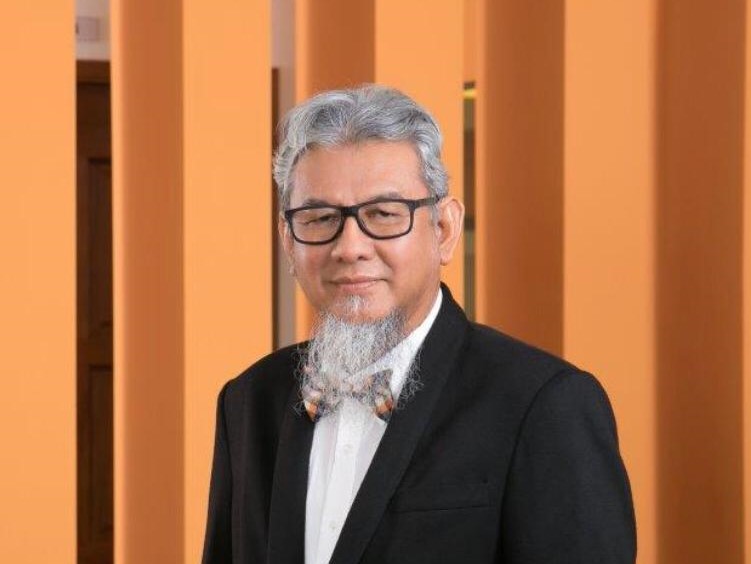KUALA LUMPUR, March 8 — It will take years to mitigate Covid-19 in Malaysia despite vaccination as herd immunity is unattainable in the short term, said public health expert Dr Lokman Hakim Sulaiman.
According to Dr Lokman, deducting the population below 18 years old and migrants, Malaysia will only be able to vaccinate 60 to 70 per cent of the total population for the coronavirus, thus complicating herd immunity efforts.
He stressed that migrant workers must be vaccinated, but the Covid-19 Immunisation Task Force (CITF) has yet to state when exactly foreign workers will receive their shots.
“Almost impossible to achieve herd immunity (more than 80 per cent) within a short time,” Dr Lokman told CodeBlue.
The International Medical University (IMU) public health professor noted that those aged below 18 are a sizable population that will allow continued transmission of Covid-19 infection without vaccination.
“Once it becomes endemic, very difficult to eliminate. H1N1? How many vaccine-preventable infections have been eliminated from this world? None except one, smallpox.”
The former Health deputy director-general (public health) explained that Malaysia has passed the containment phase of the Covid-19 epidemic and entered mitigation. This means preventing severe disease and death from the coronavirus, rather than eliminating the virus. As of yesterday, nearly 1 per cent of Malaysia’s 32.7 million population has been infected.
“In the mitigation phase, testing only symptomatic cases is acceptable, but accessibility and efficiency of testing must be very good. Diagnosis should be made within 24 to 48 hours of onset of symptoms,” Dr Lokman told CodeBlue.
“Any delay may compromise the patients. High number of deaths before arrival to hospital is of concern.”
Recently, Prime Minister Muhyiddin Yassin announced that international and interstate travel restrictions will only be lifted once a certain proportion of the population is vaccinated against Covid-19, without specifying the exact target.
The government aims to vaccinate 80 per cent of the population, or 26 million adults, against Covid-19 in less than a year by this December. As of March 7, just 139,720 doses have been administered nationwide. The number of doses administered has dropped by 55 per cent from 27,049 on March 3 to 12,112 yesterday.
Professor Dr Moy Foong Ming from the University Malaya medical faculty, who also concurred with Dr Lokman, stated that “the full impact of vaccination will be observed when 80 per cent of our population are vaccinated and herd immunity is achieved.”
Dr Moy, however, did not highlight the time needed to achieve herd immunity for Covid-19 in Malaysia.
First Vaccination Phase Won’t Impact Epidemic Much

At the same time, Dr Lokman also advised the government to set realistic Covid-19 vaccination objectives, like protecting frontliners, reducing hospitalisation of severe Covid-19 cases by vaccinating high-risk populations in urban centres, reducing death by vaccinating elderly people, and protecting the education of the future generation by vaccinating teachers and lecturers.
“Need to rearticulate the objectives of vaccination (Covid-19) programme.”
When asked if the first phase of the national Covid-19 vaccination programme will have any impact on the epidemic, Dr Moy acknowledged that inoculating frontline workers would not reduce Covid-19 transmission much.
“But it will ensure health care services are not disrupted, reduce hospitalisation and complications or death among the older persons and high risk groups are prevented,” the lecturer from the Department of Social and Preventive Medicine, University Malaya, told CodeBlue.
“Having the health care workers as the first to get vaccination is to ensure they are protected from Covid-19 infection and problems like having to close down the affected units due to its health staff being infected with Covid-19, are prevented.
“Law enforcement staff may not have the PPE (personal protective equipment) available to the health staff. They are at high risk of being infected and they may be the source of infection for their workplace and community.”
A total of 500,000 frontliners have been prioritised under the first phase of the national Covid-19 vaccination programme.
Besides that, the Ministry of Health (MOH) has also prepared a list of priority groups for Covid-19 vaccination, ahead of the second phase of the national rollout targeting the elderly and people with comorbidities.
According to MOH, cancer patients, bone marrow or stem cell recipients, organ transplant recipients, patients with autoimmune diseases, HIV-positive persons, pregnant women, breastfeeding mothers, patients with thrombocytopenia or blood disorders have been listed in the priority groups.
At the same time, chronic patients with heart, kidney, liver, neurological diseases, diabetic patients, patients with dysfunction of the spleen, obese patients, and patients with severe mental illness will receive jabs too in the second phase of the Covid-19 vaccination plan.
“Vaccination of the elderly and high-risk groups will reduce hospitalisation, prevent them from developing severe conditions or even death when they are infected with Covid-19,” Dr Moy added.
However, Dr Moy emphasised that local and foreign factory workers in Malaysia should also be focused on in the earlier phase of the Covid-19 inoculation drive.
“Yes, factory workers (Malaysian or foreigner) should both be vaccinated as they work together and transmission will still happen if some are not vaccinated.
“Foreign workers have another problem, their accommodation may not be in accordance with the minimum standard required. This problem needs to be addressed in the combat of Covid-19.”








